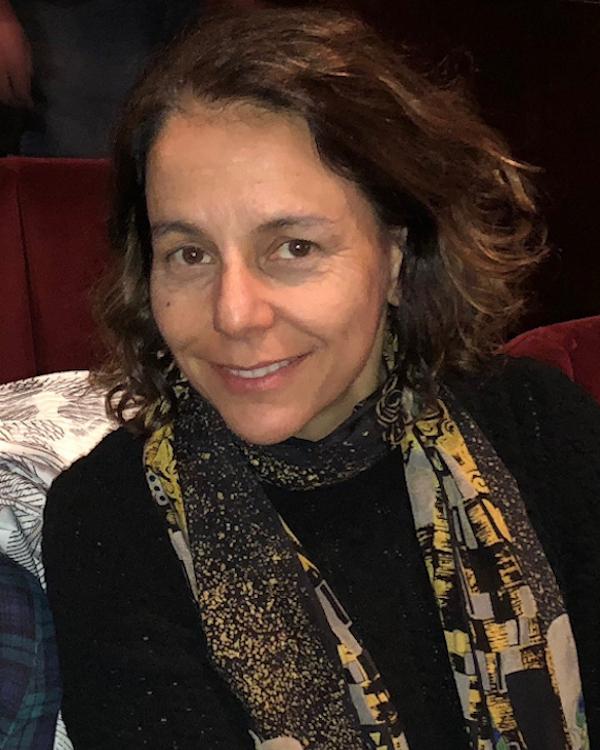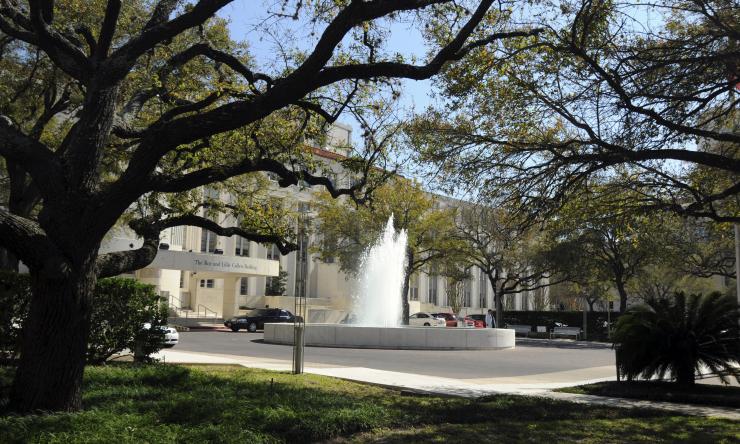Dr. Susan Rosenberg honored with NIH Director’s Pioneer Award

Baylor College of Medicine’s Dr. Susan Rosenberg has been awarded the National Institutes of Health Director’s Pioneer Award, her second time winning the prestigious honor. She will receive a $5.6 million grant to develop new research on using proteins to prevent and slow DNA damage, protecting against cancer, Alzheimer’s disease and aging-related diseases.
“The hypothesis is that there are a small number of proteins that, if you had just a bit more of them, you could prevent DNA damage. We call this group of protective proteins the protectome,” said Rosenberg, Ben F. Love Chair in Cancer Research and professor in molecular and human genetics, biochemistry and molecular biology, molecular virology and microbiology at Baylor.
Through previous research with her first Pioneer Award, Rosenberg identified hundreds of proteins that when increased modestly in cells promote DNA damage and cancer, and they predicted that humans would have thousands. They found the proteins using the world’s simplest genetic organism—E. coli. After extensive testing, Rosenberg found that all of these proteins fell into as few as six categories of basic entropy-promoting mechanisms.
“To me, that small number is the super hopeful part. Even though there may be way too many proteins and genes to feel confident that we know the root cause of someone’s condition, if the protectome proteins also fall into a small number of basic general mechanisms of cellular protection, we might be able to just make the cell resist particular entropy mechanisms with a few general solutions,” said Rosenberg, leader of the Mechanisms in Cancer Evolution Program at the Dan L Duncan Comprehensive Cancer Center at Baylor.
With this new award, Rosenberg will continue her research on E. coli, this time launching a new direction to discover “molecular-shield” proteins. She will use this work as a basis to identify similar proteins in humans and to determine if those proteins can be harnessed, without harming other cell functions, for protection of cells from internal problems that lead to DNA damage. If it can be accomplished safely, Rosenberg hopes to develop therapeutics that would boost protectome proteins in cells and prevent DNA decay. She compares the idea to taking aspirin.
“People took it for years very successfully before anyone knew exactly what it did. But it fixes a lot of problems. It doesn’t matter what gene is making you more susceptible to that condition,” Rosenberg said. “There may be proteins in all cells that are something like the aspirins of the cell. We hope to find them.”
The research is based on the idea that cells behave in observable ways—a phenotype—that can be understood and treated, even without knowing the underlying genetic cause in every case. Rosenberg wants to develop a simple blood test that can detect the entropy phenotype in cells and determine whether a person is likely to be at risk for diseases caused by DNA damage. At-risk individuals could then be pointed to more preventative care and screenings.
“Many important disease states are caused by what happens at the molecular and cellular levels long before the disease develops,” Rosenberg said. “If we can distinguish the problems by a general phenotype instead of waiting until we know every single disease-gene mutation, we wouldn’t have to wait to take steps to address these diseases. We now have the opportunity to find out whether this can become a practical reality in the near future.”
The Pioneer Award recognizes researchers who are groundbreakers in their fields, and is part of the NIH Common Fund’s High-Risk, High-Reward Research Program, which supports ideas with potential for great impact in biomedical research. Program awardees pursue creative, trailblazing ideas in any area of research relevant to the NIH mission. This year, Rosenberg will be one of 10 researchers to win the NIH Director’s Pioneer Award, and will join only four others who have received a second Pioneer Award since the program’s inception in 2004. Rosenberg’s work will be funded by NIH grant DP1 AG072751-01.











